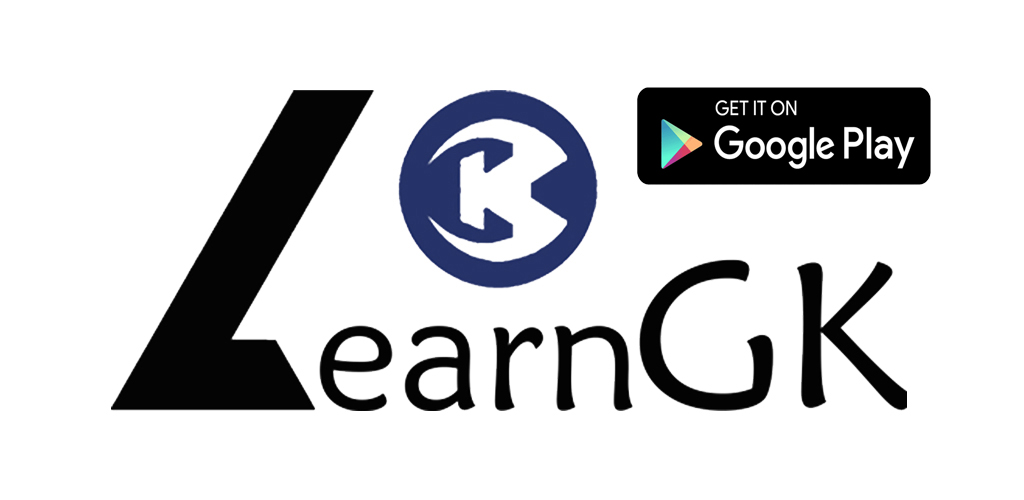Management and Entrepreneurship Development
After studying this course, After studying this course, students will be able to Understand the fundamental concepts of Management and Entrepreneurship, Select a best Entrepreneurship model for the required domain of establishment, Describe the functions of Managers, Entrepreneurs and their social responsibilities and Compare various types of Entrepreneurs .
Credits: Athira Gopalakrishnan under the guidance of Prof G
Last updated on: 20/01/19

